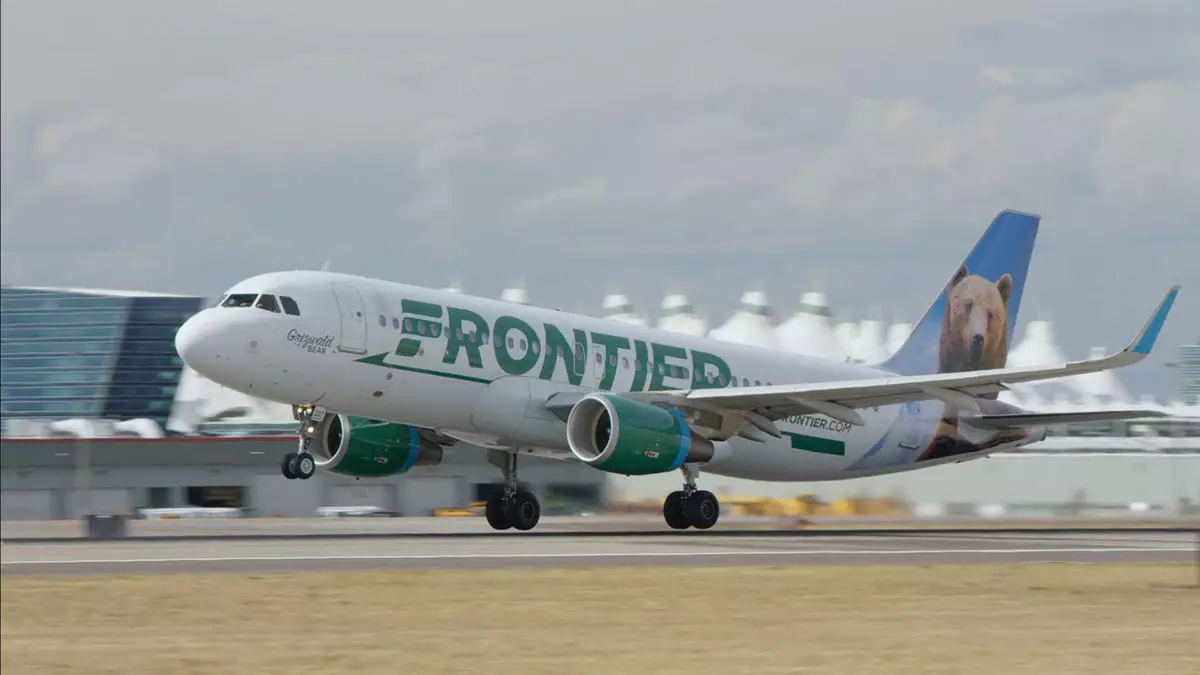Recent reports indicate that Spirit Airlines has rekindled discussions with Frontier Airlines regarding the potential for a merger. Although preliminary, these talks reflect the urgency of Spirit’s current financial situation. The Wall Street Journal notes that, if agreed upon, this merger could be integrated as a part of a Chapter 11 bankruptcy reorganization by Spirit, signaling their precarious state in the highly competitive airline market.
This isn’t the first instance where Spirit and Frontier have explored the idea of joining forces. In February 2022, Frontier proposed a sprawling $2.9 billion acquisition deal for Spirit. The potential merger was poised to create a formidable entity among U.S. ultralow-cost carriers. However, the tides turned when JetBlue intervened with a more lucrative $3.8 billion offer. While Spirit shareholders found JetBlue’s proposal appealing, concerns arose regarding antitrust issues. Ultimately, these concerns manifested when the Department of Justice successfully blocked the JetBlue-Spirit merger, leaving Spirit to rethink its strategic options.
Fast forward to the present, and Spirit is grappling with significant financial hurdles. Consumer dynamics have shifted, with travelers increasingly favoring full-service airlines over discount carriers. This pivot has led Spirit to incur alarming financial deficits, amounting to an operating loss of $360 million in the first half of this year and $496 million expected by year-end. Such losses underscore the airline’s precarious position, prompting speculation about the necessity of a Chapter 11 bankruptcy filing.
Debt and Liquidity Concerns
As of October 18, Spirit has announced a critical extension on its debt obligations, particularly a looming $1.1 billion in loyalty program-backed debt due next year, buying time until December 23 to secure a refinancing deal. Compounding these challenges, Spirit has fully utilized its $300 million revolving credit facility, which it must repay by September 2026. Such actions have resulted in a projected decline in liquidity, with the airline anticipating only $1 billion in reserves by the end of 2024, down from $1.3 billion at the close of 2023.
Any resulting agreement between Spirit and Frontier would likely be for a diminished price compared to the earlier $2.9 billion proposition. This potential merger suggests broader implications for the airline industry, particularly for budget carriers. Airlines must navigate an evolving market landscape where consumer preferences and regulatory scrutiny shape operational viability. Moreover, Spirit’s situation puts a spotlight on the sustainability of low-cost models, compelling industry players to reassess their strategies in a post-pandemic world marked by different travel expectations.
While the revival of merger discussions between Spirit and Frontier could present a temporary solution to Spirit’s financial distress, the complexities tied to such mergers—including regulatory scrutiny and consumer sentiment—pose significant challenges ahead. With the possibility of Chapter 11 looming, the coming months will be pivotal for Spirit, determining not just its fate but also its role within the broader spectrum of the airline industry in the U.S.


Leave a Reply